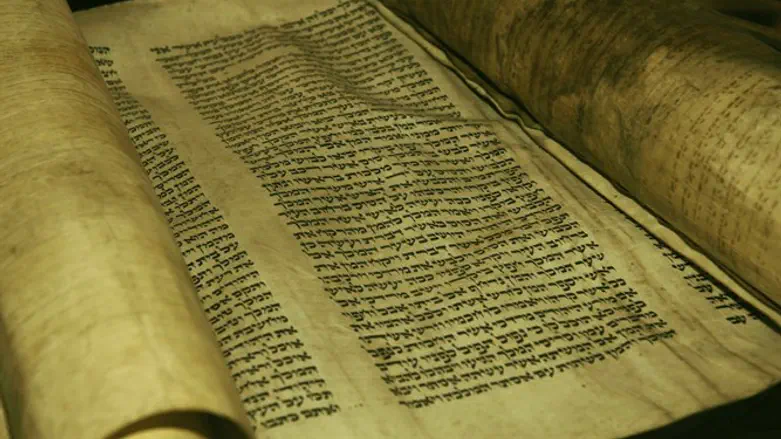
The American Declaration of Independence claimed that certain basic human rights were obvious. Yet what is obvious to some is in reality obscure and unknown to many others. Because of this, the Torah emphasizes the obvious in this week’s Torah reading. The choice between death in this world and the next, and life – eternal life, no less, should be obvious. The Torah in fact states that seeing this will lead to a correct choice. But one needs to see them objectively and rationally.
People, who make poor choices, do so on the basis of emotion, desire, foolishness and illusory hopes and false ideas. These are the products of distorted vision - the inability to see things clearly. Only clear vision can lead to wise and correct choices. The commandments that the Torah enjoins us to observe are a form of corrective lenses to aid us in seeing things clearly and accurately.

People have to pass an eye and vision test in order to be able to legally operate an automobile. How much more so is an eye and vision test necessary when life and death itself is in question? People have to pass an eye and vision test in order to be able to legally operate an automobile. How much more so is an eye and vision test necessary when life and death itself is in question? The Torah advises us to always choose life. This is the basis for all Jewish society throughout our long and sometimes very painful history. It is obvious that one should always choose life. But we must always be reminded even of the obvious. We should never underestimate the power of distorted vision which causes untold damage to our own selves.
People have to pass an eye and vision test in order to be able to legally operate an automobile. How much more so is an eye and vision test necessary when life and death itself is in question? The Torah advises us to always choose life. This is the basis for all Jewish society throughout our long and sometimes very painful history. It is obvious that one should always choose life. But we must always be reminded even of the obvious. We should never underestimate the power of distorted vision which causes untold damage to our own selves.
The final gift, so to speak, that the Lord granted to our teacher Moshe was that he was able to “see” the Land of Israel and the story of the Jewish people throughout history. The Torah teaches us that imagination is a form of “seeing.” What we see from this is that seeing in the mind’s eye is also a legitimate form of sight.
The Jewish people survived on the basis of imagination for all of the centuries of our exile and dispersion. We always imagined Jerusalem and the Temple, the Land of Israel and the ingathering of the exiles to their ancient homeland. When imagination wanes, so does our hope and creativity. Of course imagined reality may not completely coincide with the actuality of the human condition and circumstance. But without the original power of imagination – of seeing things in our mind and heart and not only with our actual physical eyes – one will never advance to actually seeing the desired goal.
That is why the Torah emphasizes time and again the importance of seeing things correctly, both in imaginary and in actual sight. The prophets of Israel fired our imagination with their visions of the future redemption of the Jewish people and humanity generally. We have seen some of these visions fulfilled in our times and in front of our very eyes, if we are but wise enough to see things accurately. The importance of this kind of sight is never to be minimized.